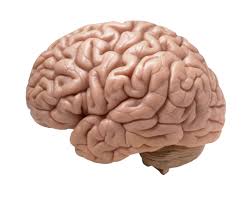An OCD Conversation

Over the last few years, I have had many conversations about OCD with people who have called Relief for a mental health referral. Those conversations form the basis of this fabricated dialogue. OCD sufferers will find this conversation very familiar, and those who do not have experience with OCD will find it remarkable and informative. Let us now begin our discussion with Ora Chana Devora, or O.C.D. for short.
Rabbi Azriel Hauptman: Thank you, O.C.D., for making time in your busy schedule to share your story with us. Can you tell us the basic timeline of your OCD?
Ora Chana Devora: Before I begin, I would like to thank you for spreading the awareness of OCD. There are so many misconceptions about this debilitating disorder and public education can be enormously helpful.











